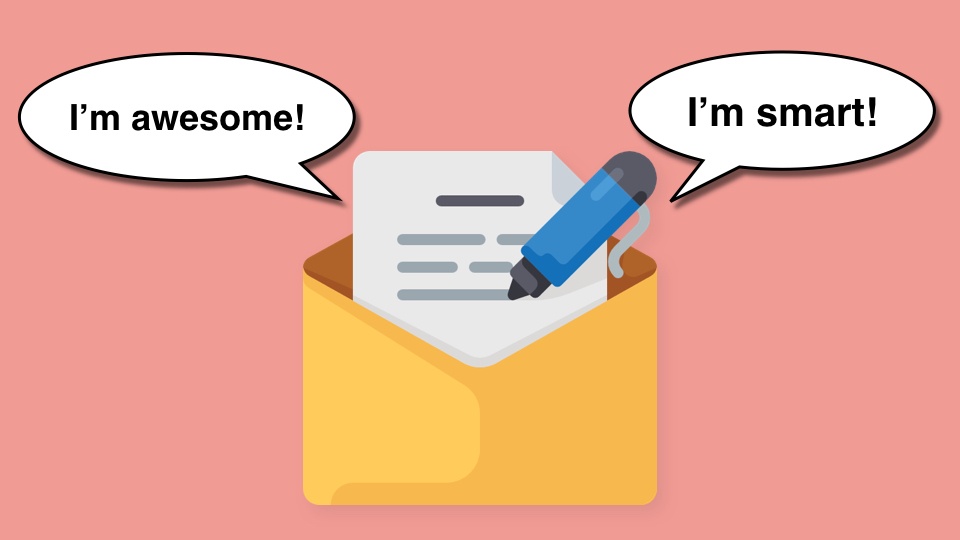Wasn’t it great when a resume was enough to show your experience and value to a prospective employer? If you are wondering why you need a cover letter and just how to get started, then I’ve got you covered.

You can spend hours and hours writing (and re-writing) your resume to ensure it is tailored to the position you are pursuing. However, no matter how much work it may seem like, you still need a strong, effective cover letter to go along with each resume you send out. Let’s face it, the job market is competitive. This is why you need to give yourself the upper hand with a persuasive cover letter that makes a hiring manger want to read your resume.
When you write a cover letter, you should address accomplishments and experiences that are relevant to each position. It should tell your prospective employer why you are a good fit for their company, what you can do for them, and why they should review your resume over the other candidates.
An outstanding cover letter also separates the motivated and interested candidates from those who are just applying. It allows you to provide additional, relevant, and interesting information about your experience, your brand, and your interest in the position that may not be addressed on your resume. It will show how and why you will be an asset to the company and encourage the hiring manager to take a closer look at your resume.
Common Cover Letter Mistakes
-Do not use a generic address or greeting line. If the job description does not tell you who to address your cover letter and resume to, then use Google, LinkedIn, or the company website to find the name of the hiring manager, head of the department, or the head of HR and use their name and title.
-Do not start with a generic line. Instead, start your cover letter strong. A question can make a strong start – “Would Your Company benefit from having a proven sales leader in the C-suite?” Another strong way to start a cover letter is by immediately jumping into your strongest and most relevant skills or qualifications. “As a senior vice president with ABC Company, I improved performance 150% and would now like to put my knowledge and experience to use to do the same for Your Company.” Grab their attention immediately!
-Don’t fill in the blanks of a cover letter template. It is definitely not effective to have a cover letter template to help you write an *effective cover letter. You can certainly use one for inspiration or as a basic guide, or find a sample cover letter to do the same. But do not take a template and just fill in the blanks.
Tips to Help You Write a Great Cover Letter
-Research the company before you start writing. Look for information about their culture, like the words and phrases that pop up regularly on their website and LinkedIn. Link yourself and your career history and goals to their company culture to show why you would be a good fit.
-Implement the use of bullet points, short paragraphs, and a clean font to help grab the attention as your prospective employer reviews your cover letter.
-Provide tangible examples to portray your skills and strengths that are relevant to the position. Provide quantification to back up those claims, if possible. You’ll be doing this in your resume, but in your cover letter you can more clearly explain how you approached and overcame a specific problem, or what strategies you used to increase those sales numbers.
-Your cover letter should not exceed one page. Write as concisely as possible, and address your strongest points.
-Close with a call to action. Be strong and assertive and ask for an interview!
If you would like help writing your resume or cover letter, then please reach out to me at mary@resumeassassin.comor visit my website www.resumeassassin.com.
